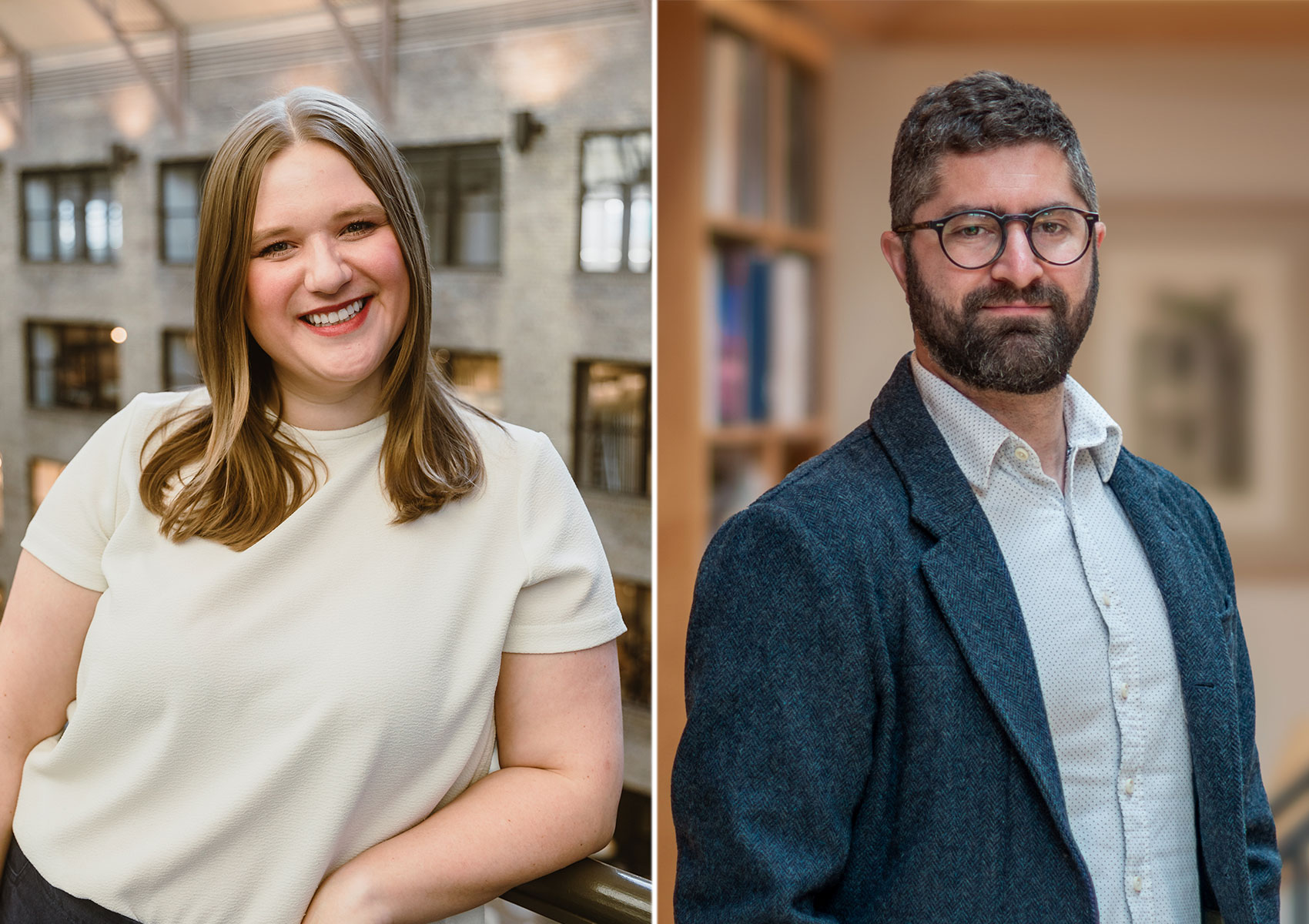By Karen Lu, AIA, NOMA, AIA Minnesota President
At a time when we are all facing uncertainty, our ability to empathize can be demonstrated by showing compassion towards students, colleagues, partners, and clients. They may be experiencing anxiety, living at home alone, caring for others, recently laid off, or personally impacted by COVID-19. Many leaders across the profession are sensitive to the need for individuals to stay connected to one another as well as the need to be transparent with employees in the areas of finances and staffing. In order to prevent losing another generation of architects, some firms are exploring innovative ways to maintain internships and mentor emerging professionals facing a difficult economic climate.
Over the last two months, we have focused on the need for a quick and deliberate response to the pandemic. As the weeks have passed, it has become clear that many of the challenges we faced pre-crisis are even more urgent and imperative now. The abrupt halt of the global economy has starkly exposed the consequences of our current actions on the environment and the underlying inequity in our communities. Previously gray and hazy skies are now startlingly blue and clear due to reduced air pollution, and people of color are threatened with alarmingly disproportionate COVID-19 infection and mortality rates.
Architects are responding to the pandemic by making personal protective equipment, assisting clients in adapting to new situations, and addressing the need for adaptable healthcare facilities. Over the past few weeks, AIA Minnesota has been facilitating virtual town halls, sharing resources for business loans and business continuity, and advocating at the state and federal levels for our industry; we have also begun organizing “Future of Design” roundtables, bringing together members of our architecture community and leaders of other industries. AIA National has led the development of best practices for pandemic response, launched a COVID-19 Alternate Care Sites Assessment Tool, and started collecting data on COVID-19 related architecture projects.
How can we weather this crisis and respond in a way that strengthens our education, our practices, our profession, and our communities? How can we meld our values with our vision? Fifty years after the first Earth Day and thirty years after the AIA Committee on the Environment (COTE) was founded, AIA National’s 2021-2025 Strategic Plan has a singular priority: Climate Action. Our AIA vision remains to design “a healthy, sustainable, and equitable world, together.” In order to accomplish this, our profession must lead with empathy.
Empathy is embedded in architectural education and design thinking. The ability to set aside our own values and beliefs to imagine an experience from someone else’s point of view is essential to serving the needs of our clients and the people who use the spaces we design. It is both a skill and core value that is necessary to address the related challenges of climate change and social inequity. Empathy will help to sustain us in the here and now, and to envision a better future for our communities.
View the May 2020 edition of Matrix.

